Political scientist Georgy Bovt reveals reasons for EU introduction of tariffs on Russian fertilizers
The European Union is tirelessly searching for something else to “chop into cabbage” from the remaining economic relations with Russia. It is increasingly difficult to find, but they are trying. And now they have come across fertilizers. How is it that they are still not under sanctions? This is not right, it must be fixed.
And they decided to approach it in a new way. Taking an example from President Trump, who cheerfully waves the “tariff club”. Well, the EU can do the same. Moreover, it will not be easy to formalize an embargo on mineral fertilizers from Russia in the format of sanctions: there may be “dissidents” who will say that it is not profitable for them, and it will not be possible to reach a consensus decision. Therefore, they decided to resort to introducing tariffs, gradually, like boiling a frog over low heat, so that local farmers get used to it. From July 1, according to the decision of the European Parliament, they will start with 6.5% on Russian nitrogen fertilizers, and in three years the tariff should reach 100%, becoming prohibitive. The main motive is to harm Russia, from where every fourth ton of nitrogen fertilizer produced now goes to Europe. At the same time, they decided to hit agricultural products: duties on meat, dairy products and vegetables from the Russian Federation and Belarus will be raised by 15%. Having spied on Trump’s methods of tariff wars, the EU wants to try them out as a means of sanctions war. It’s easier this way, there’s no need to coordinate anything with Hungary and Slovakia, who will certainly find a reason to first say “no” and then haggle and say “yes, but…”. There’s no need to seek any consensus. The European Parliament voted – and off we go. The next step could be the use of protective tariffs against the most “controversial” article of European imports in this regard – hydrocarbons.
Why did they choose nitrogen fertilizers? The logic is this: natural gas is used in their production, and since Europe began to refuse Russian gas in 2022 and now intends to completely refuse it by 2027, then materials derived from it should also be banned. In addition, against the backdrop of sharply increased prices for “blue fuel”, European fertilizer producers began to suffer losses and curtail production. We cannot allow the Russians to “cash in on our misfortune”, which they partly caused for themselves.
The export of nitrogen fertilizers to Europe does not provide much income to Russian exporters – about $1.3 billion per year. The export of agricultural products from Russia together with Belarus – another 380 million. In total, last year the EU imported 6.17 million tons of Russian fertilizers for 2.12 billion euros. And this is the largest volume since the spring of 2022.
The European Commissioners are interested in the process itself – the fight against “Russian influence” wherever they find it. An additional argument in favor of tariffs on Russian fertilizers was that Russia introduced an export duty of 23.5% on basic mineral fertilizers. Allegedly, the revenues from this help finance the Russian military-industrial complex, although in fact the duty has no target. This money could go to finance medicine or education. And, of course, the attempt to cut off a “pitiful” $1.3 billion will not have a critical impact on the revenues to the Russian budget from exports, which last year amounted to $433.9 billion, including $68.4 billion to European countries.
Of course, the EU decision has, in addition to the ideological, also a lobbying background – to support European producers of nitrogen fertilizers. In reality, however, this is a fairy tale for ordinary people. The cost of production in Europe of the same nitrogen fertilizers is still high due to high gas prices – and is not very competitive in relation to products from third countries. Even if you strangle all Russian importers. For example, the price of nitrogen solution, a type of liquid fertilizer, has already increased from 160 euros per ton five years ago to 300 euros per ton today. Farmers in a number of European countries have already taken to the streets – and drove tractors – in protest against the growth of production costs (energy prices, ever-increasing and increasingly expensive requirements for compliance with the standards of the “green energy transition”, etc.). A man-made jump in fertilizer prices could provoke new protests. Actually, that is why Brussels is acting cautiously, starting the increase with rather “timid” figures. And then, they say, we’ll see how it goes.
With gas prices at around $400 per thousand cubic meters, Europeans will still not be able to increase their own production. And given the intensity of agricultural production in Europe, manure alone, as the European commissioners are calling for, will not be enough to replace imported “undesirable” Russian nitrates. Of the types of fertilizers used in agricultural production, nitrogen fertilizers account for 70%. Less of them are used per hectare in Europe than in China (374 kg there), but still – 130 kg in Germany, 153 kg in France, etc. And most likely, Russian fertilizers will still appear in Europe “by reverse” – but from third countries. Including because, say, Chinese nitrogen fertilizers are more expensive and have a more significant “carbon footprint” (which contradicts the “energy transition” policy), since ammonia is produced in China not from gas, but from coal.
Russia will not pay inflated tariffs, but will reorient its exports. Three quarters of it already goes to friendly countries. The Russian share of the world market for mineral fertilizers is (depending on the type) from 15 to 20%. This is much more than on the oil market, so they cannot do without us. In addition, imports of Russian nitrogen fertilizers to Europe are unlikely to cease before 2026. The 6.5% tariff is not prohibitive. This is more PR – they say, we are fighting Russian influence.
Nothing has been invented yet against the import of phosphorus and potash fertilizers from Russia and Belarus to the EU. But not at all because they are not produced from “hostile Russian gas”, but because the market of producers is smaller than the producers of nitrogen fertilizers. That is, the EU simply has no alternative here. And it is possible, by the way, that by cutting off their supplies of Russian nitrogen fertilizers, the Europeans will increase the import of phosphorus fertilizers. Hypocrisy? No, we haven’t heard of it.
Rossiskaya Gazeta
Please follow Blitz on Google News Channel
Blitz’s Editorial Board is not responsible for the stories published under this byline. This includes editorials, news stories, letters to the editor, and multimedia features on BLiTZ
political-scientist-georgy-bovt-reveals-reasons-for-eu-introduction-of-tariffs-on-russian-fertilizers

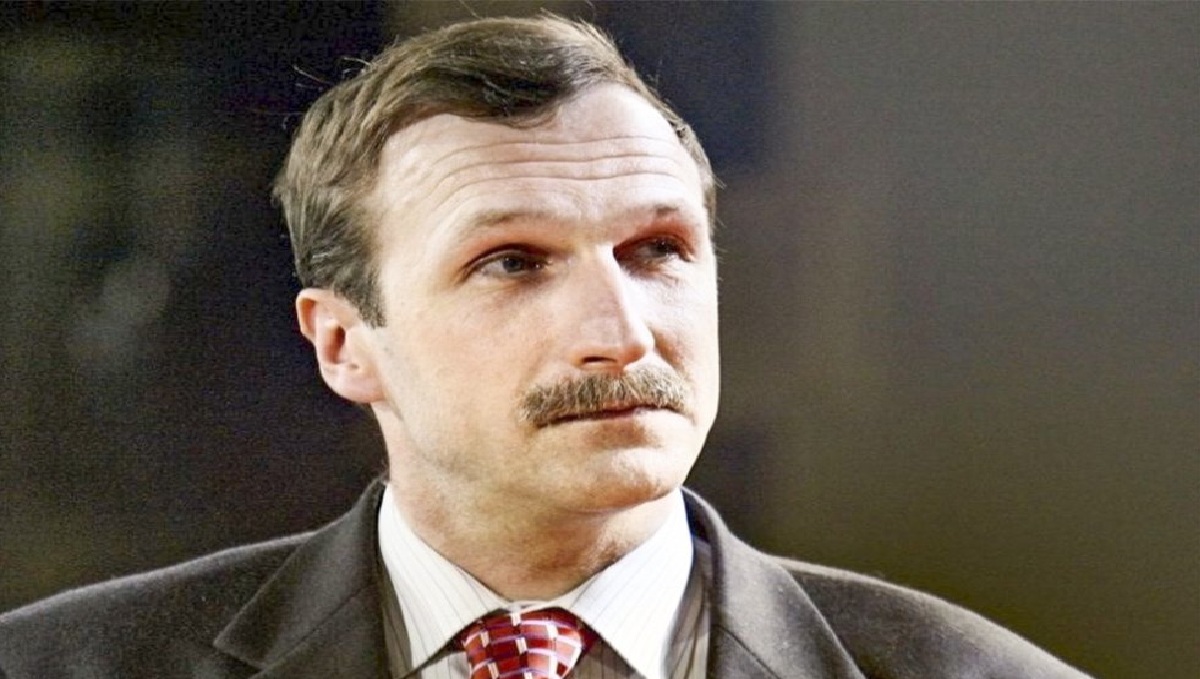
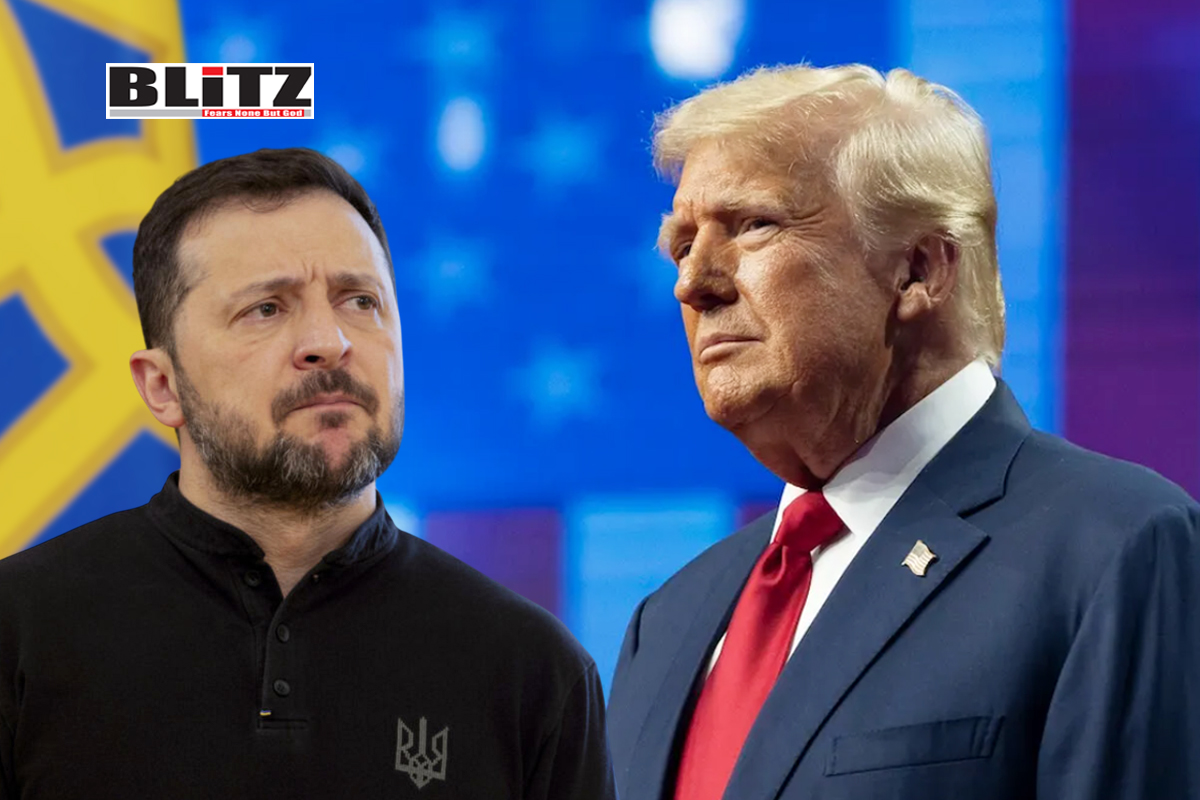
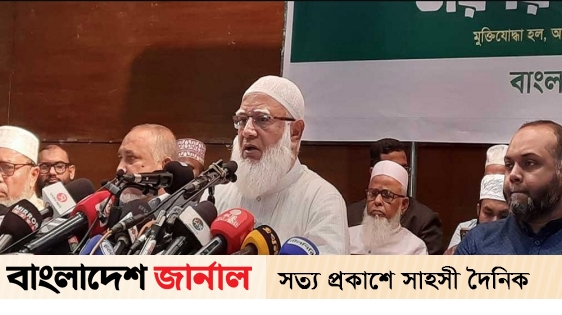

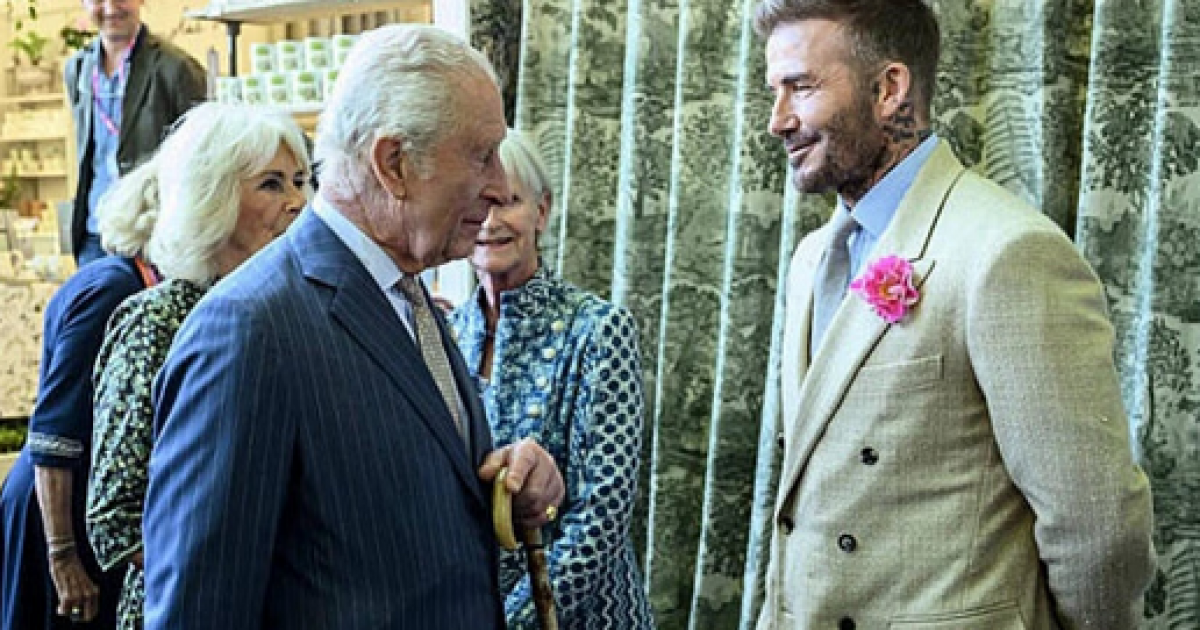
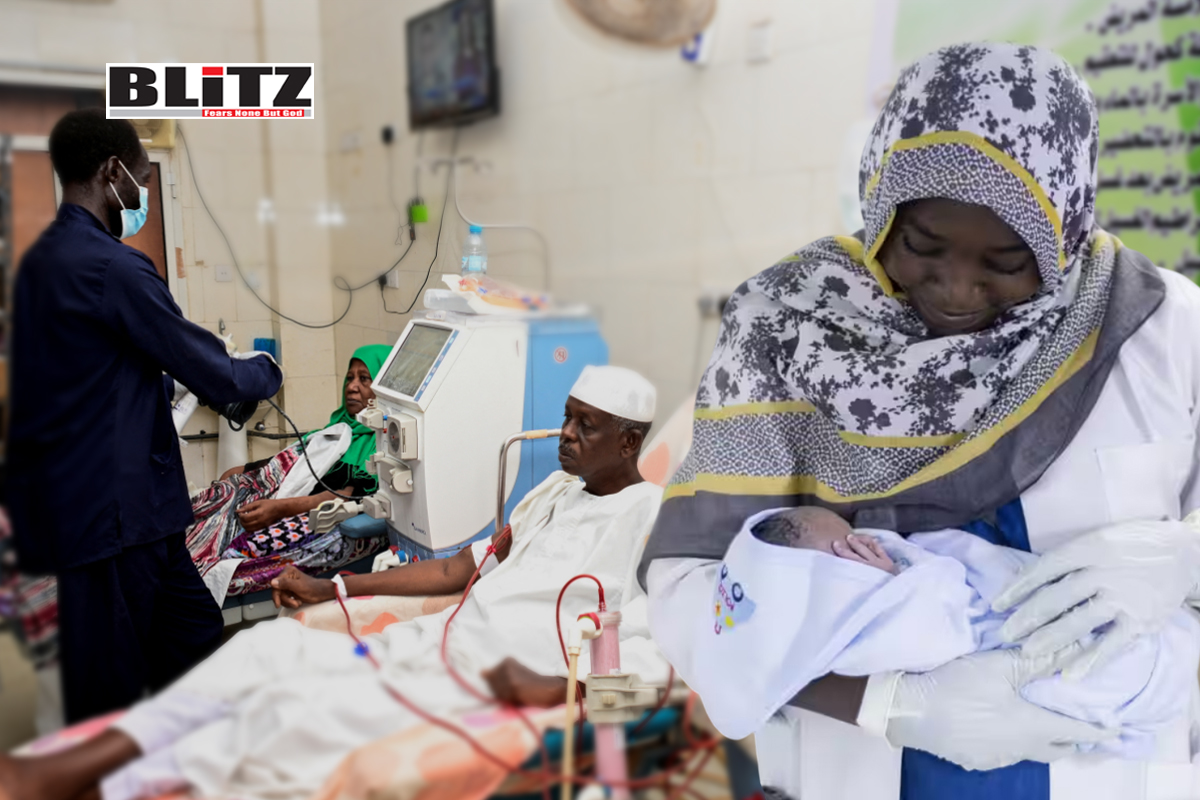
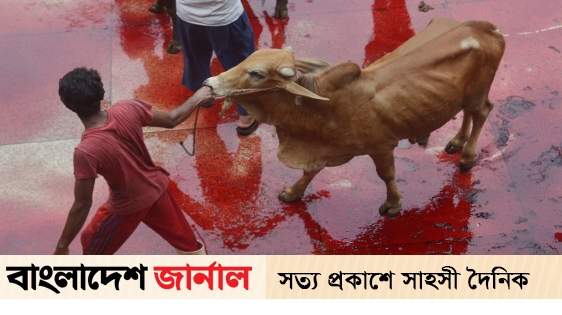



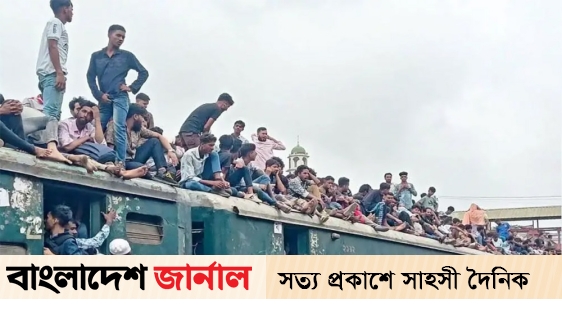

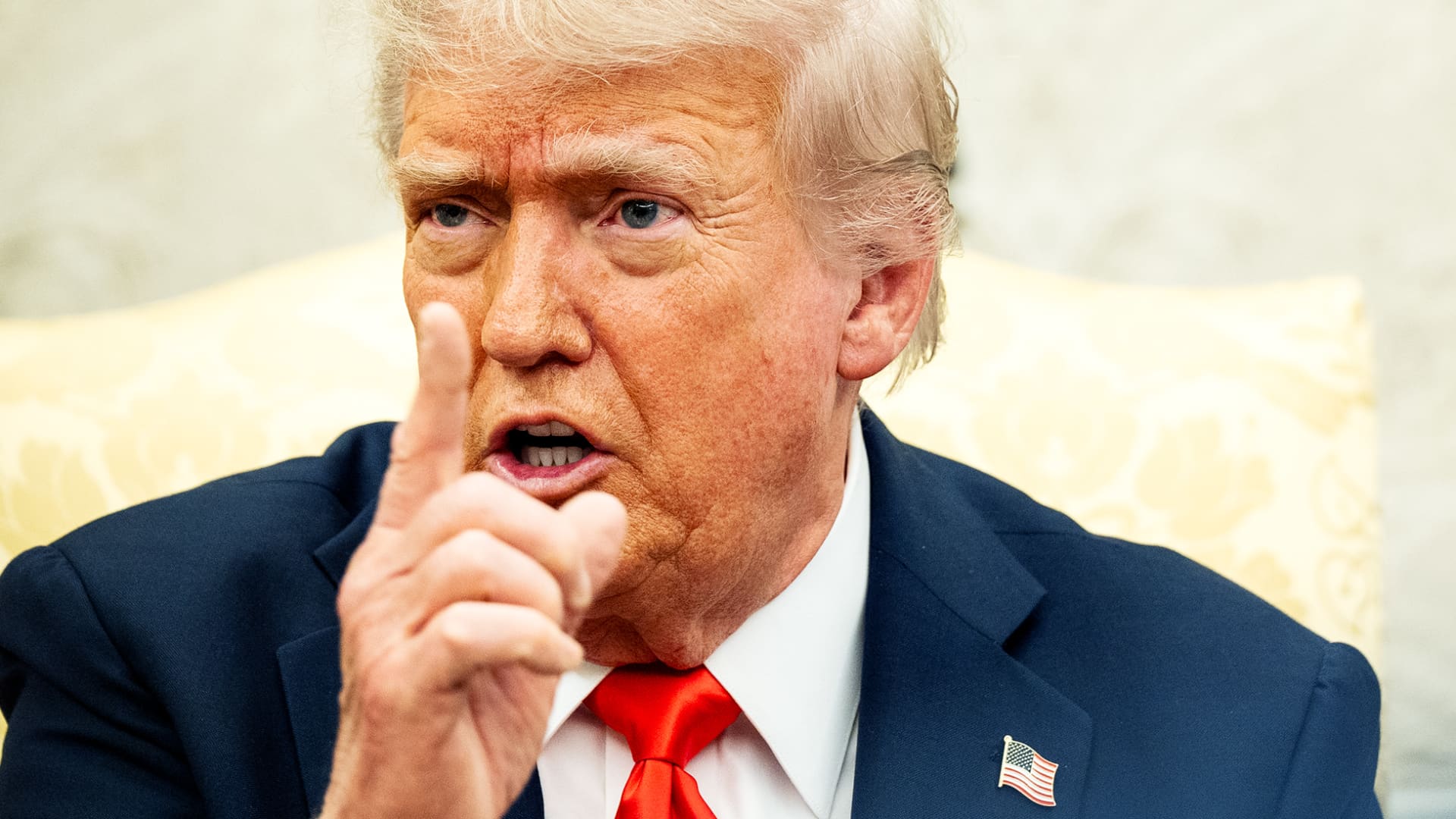
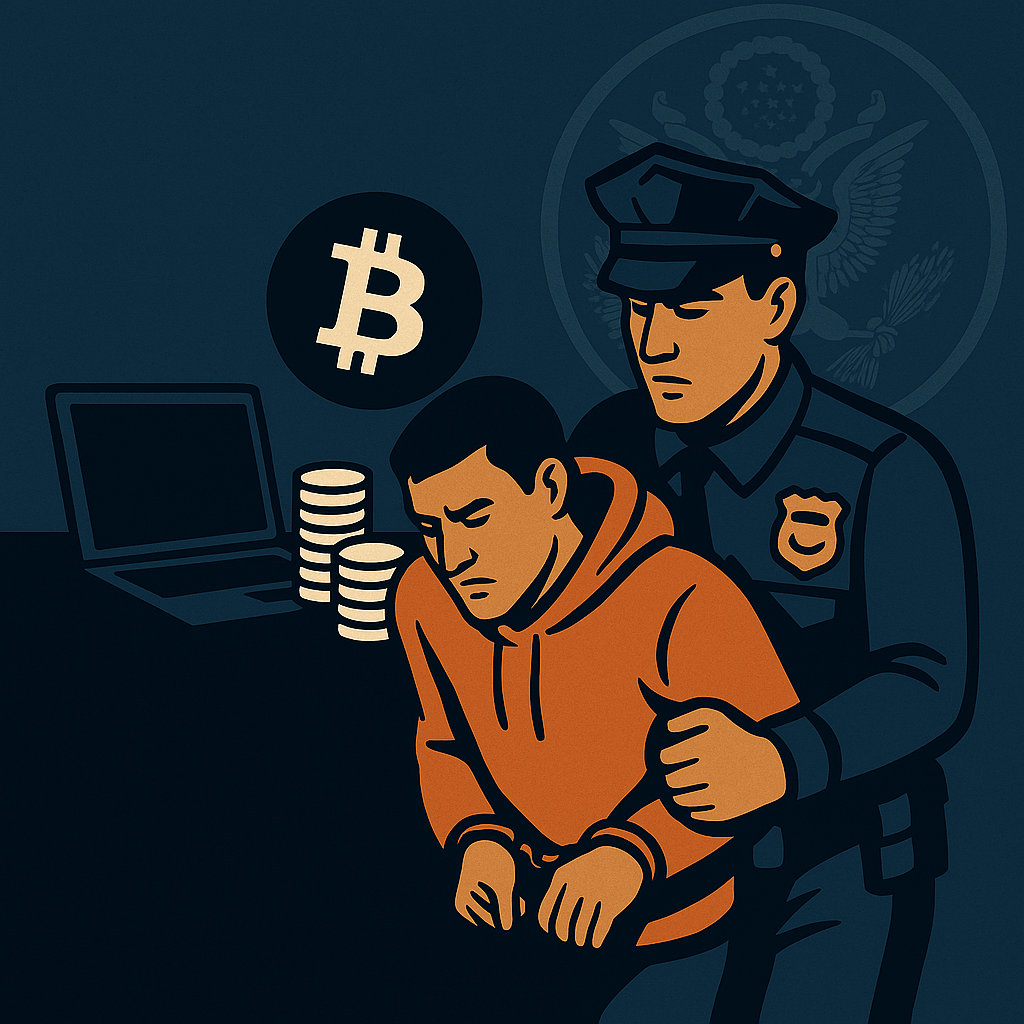
Leave a Reply